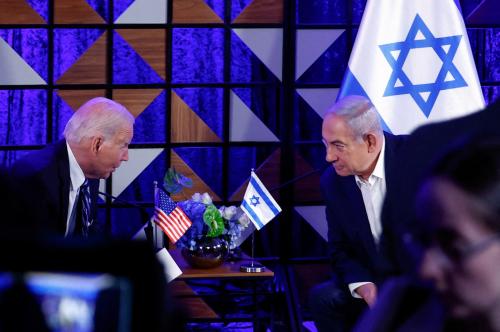In protecting the homeland, public and private responsibilities intersect. The vast majority of the nation’s critical infrastructure is privately owned. Given the significance of the private sector in homeland security settings, structuring incentives properly is critical.
Market forces currently provide some incentive to firms to avoid the direct financial losses associated with a terrorist attack on their facilities or operations. In general, however, that incentive is not compelling enough to encourage the appropriate level of security—and should therefore be supplemented with stronger market-based incentives in several sectors. As the chairman of the Federal Energy Regulatory Commission has put it in a different context: “We cannot simply let markets work. We must make markets work.” We must alter the structure of incentives so that market forces are directed toward reducing the costs of providing a given level of security for the nation, instead of providing a lower level of security than is warranted.
In my opinion, one of the most dangerous shortcomings in the Administration’s homeland security activities to date has been the general absence of measures to strengthen private-market incentives. Market forces are potent, but blind faith in their power is just as mistaken as overly burdensome regulations that attempt to repress rather than guide market incentives.
My testimony argues that:
- Private markets, by themselves, do not provide adequate incentives to invest in homeland security, and
- A mixed system of minimum regulatory standards, insurance, and third-party inspections would better harness the power of private markets to invest in homeland security in a cost-effective manner.



Commentary
TestimonyHomeland Security and the Private Sector
November 19, 2003